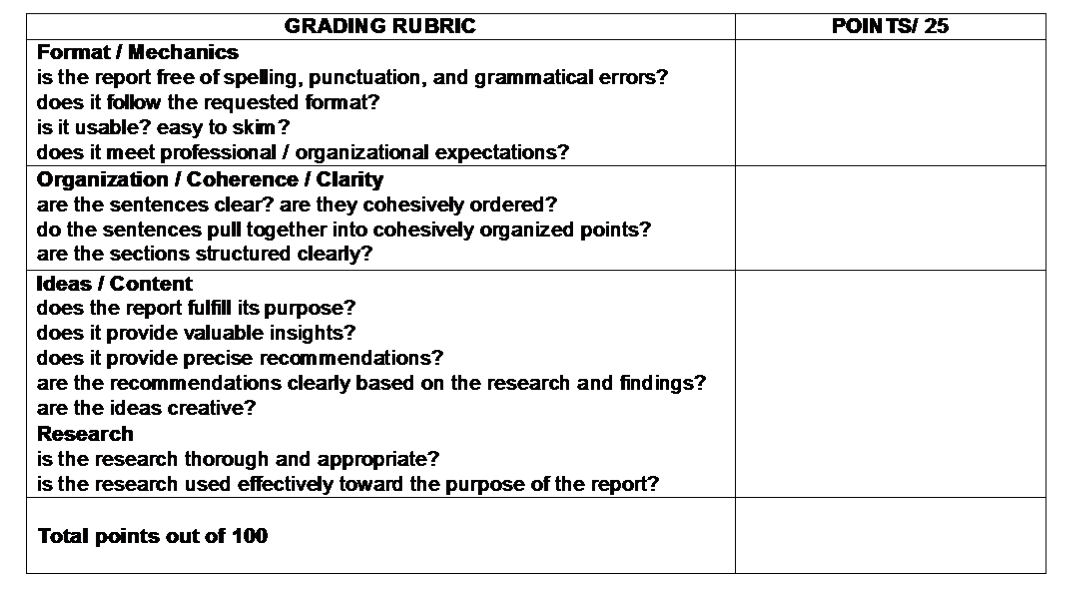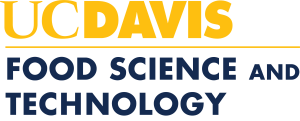A. Specific Learning Outcomes. At the end of this course students will be able to:
- Identify and interpret major social and demographic trends effecting food consumption
- Identify, categorize and analyze major trends in CPG product development
- Understand, identify and assess “gaps” in the current and future food market
- Discuss and interpret important issues and trends of importance to the food industry such as mobility, expanding views of “health,” and consumer concerns about “processed food”
- Conduct meaningful research about food consumers through understanding and applying the following research methods: ethnographic observation, focus groups and web surveys
- Write clear, concise reports analyzing, synthesizing and summarizing research findings
- Create relevant new product concepts based on a synthesis of research findings
- Explain, justify and defend new product ideas effectively in an oral / visual presentation format
How this course addresses IFT Core Competencies:
Taught in the fall quarter each year, FST 159 is a 3 unit course that addresses IFT applied food science core competencies by immersing students in topics of importance to the food industry. It also gives students many opportunities to practice and improve success skills. The class teaches and assesses written and oral communication skills; we have a writing workshop at the beginning of the term, and each students writes and receives feedback on four individual reports, one group report, one individual oral presentation and one group presentation. The class includes lectures and discussions in which students both learn and practice critical thinking. Throughout the quarter students work in teams, in which they do research, solve problems, manage time, and handle multiple tasks and pressures collectively. The is explicitly concerned with professional development. All research, writing and presentation tasks are designed to be similar to real world practices. Each year several industry guests experienced in product development come to the class to share their insights and expertise.
B. Tools used to assess program outcomes:
As the class is focused on critical thinking, applied research, synthesis, analysis and written and oral communication, assessment is based on both written and oral work. Students conduct four research projects and turn in a formal written report for each one. They also do a final presentation, in which they pitch their final product concept to a panel of industry and academic experts and receive feedback which they then integrate into a final written report. I use the following grading rubric to assess each report, along with note to each student highlighting areas for improvement for the next report:

C. Brief summary of assessment results to date:
FST 159 New Food Product Ideas has been taught by Charlotte Biltekoff annually since 2008. Each year students are asked to complete a course evaluation form for the course. The numerical scores using a scale of 1 (strongly disagree) to 5 (strongly agree) for specific questions as well as verbal comments are compiled. The course and the instructor are evaluated separately.
- 2008: Instructor 4.35 | Course 4.35
- 2009: Instructor 4.29 | Course 4.54
- 2010: Instructor 4.41 | Course 4.38
- 2012: Instructor 4.40 | Course 4.40
Students are asked to submit their own feedback on the course with suggestions for course and instructor improvement. These students’ assessments are studied carefully and new strategies are developed to deliver the course content in a more effective manner and to continue to improve learning outcomes. The grading rubric referred to above was developed in response to feedback from students who wanted to better understand what constituted an effective report and to be able to better see their progress from one report to the next.
